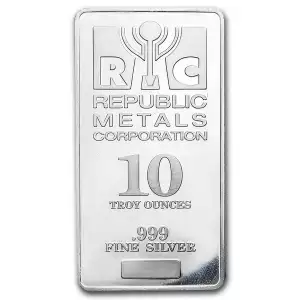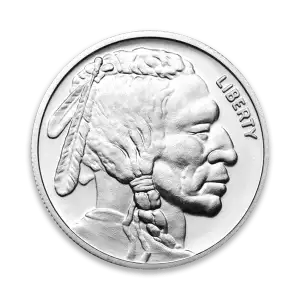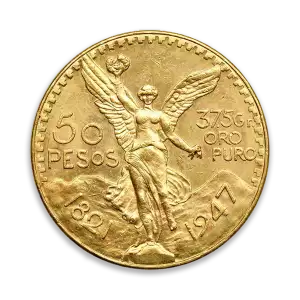Bitcoin vs. Gold: Which is the Better Investment?
Bitcoin and gold are often compared as alternative assets, with both being considered stores of value, inflation hedges, and safe-haven investments. However, they differ significantly in their history, volatility, use cases, and risks. Below is a comparison of the key factors to determine which may be the better investment.
Store of Value & Longevity
- Gold: Has been used as a store of value for thousands of years and has consistently held purchasing power over time.
- Bitcoin: A much newer asset, created in 2009. While it has gained adoption, its long-term reliability as a store of value is still being tested.
- Winner: Gold – Proven history of stability and wealth preservation.
Inflation Hedge
- Gold: Historically maintains purchasing power during inflationary periods. However, in some short-term cases, gold has not reacted as expected to inflation.
- Bitcoin: Considered “digital gold” by some, but its effectiveness as an inflation hedge is debated due to high volatility and price corrections during inflationary periods (e.g., 2021-2022).
- Winner: Gold – More established as an inflation hedge.
Volatility & Risk
- Gold: Generally stable with slow price appreciation over time.
- Bitcoin: Highly volatile, with price swings of 50%+ in a short time, making it riskier for conservative investors.
- Winner: Gold – Less volatility and lower investment risk.
Scarcity & Supply Limits
- Gold: Naturally scarce, with a limited and slow-growing supply due to mining. However, new gold deposits could still be discovered.
- Bitcoin: Hard-capped at 21 million coins, ensuring absolute scarcity. This makes Bitcoin theoretically more deflationary than gold.
- Winner: Bitcoin – Fixed supply and no risk of additional issuance.
Adoption & Use Cases
- Gold: Used in jewelry, industry, and as central bank reserves.
- Bitcoin: Digital currency that can be used for transactions, remittances, and decentralized finance, but faces regulatory and adoption challenges.
- Winner: Gold – Broader use cases beyond investment.
Liquidity & Market Size
- Gold: A $12+ trillion market with deep liquidity worldwide.
- Bitcoin: Around $1 trillion in market capitalization, but growing in liquidity over time.
- Winner: Gold – More liquid and widely accepted.
Portability & Ease of Transfer
- Gold: Heavy and difficult to transport in large amounts.
- Bitcoin: Instantly transferable worldwide with no physical constraints.
- Winner: Bitcoin – Superior portability and accessibility.
Security & Counterparty Risk
- Gold: Cannot be hacked but requires physical security (vaults, safes, or third-party storage).
- Bitcoin: Can be stored securely with self-custody, but is vulnerable to hacks, scams, and lost access if private keys are misplaced.
- Winner: Gold – No digital security risks.
Government Regulation & Seizure Risk
- Gold: Can be confiscated by governments (e.g., U.S. Gold Confiscation in 1933). Governments can also manipulate gold prices through central bank reserves.
- Bitcoin: Governments may regulate Bitcoin, but decentralized networks make seizure and control more difficult. However, regulations on exchanges could limit access.
- Winner: Bitcoin – Harder for governments to control.
Returns & Growth Potential
- Gold: Steady, low-to-moderate appreciation. Historically, it has provided stable returns, but not high-growth potential.
- Bitcoin: High-growth potential with massive past returns but also extreme corrections and high risk.
- Winner: Bitcoin – Higher return potential but with greater risk.
Final Verdict: Which is Better?
The better investment depends on investment goals and risk tolerance:
Gold is better for conservative investors who want a stable, time-tested store of value with low risk.
Bitcoin is better for risk-tolerant investors who want high-growth potential and are willing to accept volatility and regulatory uncertainty.
Best Strategy?
A diversified approach—owning both gold and Bitcoin—can provide the benefits of stability and potential high returns, balancing risk and reward.












